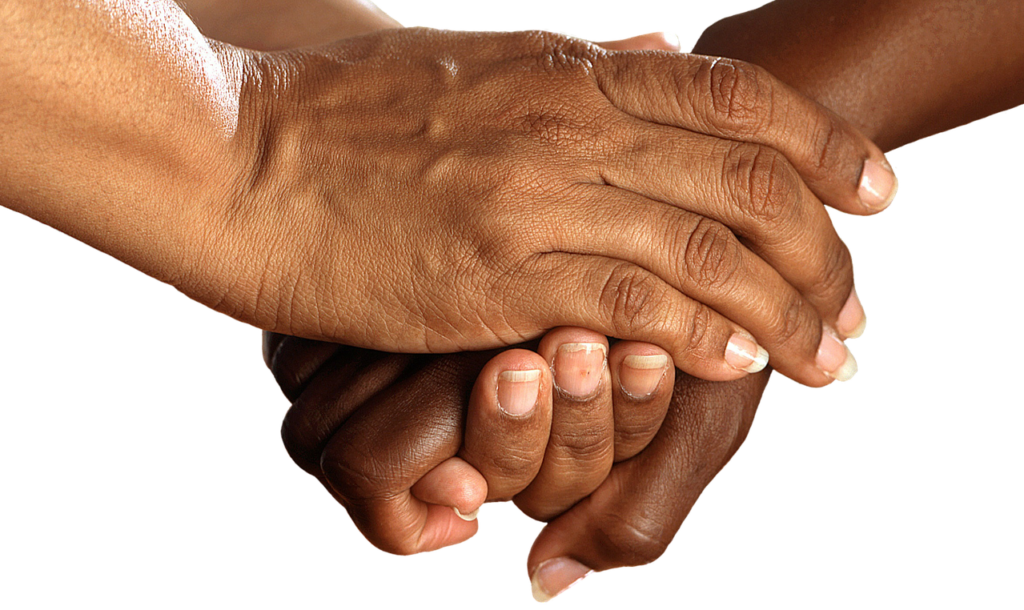
Help-seeking
What is Help-seeking?
The process of finding and receiving support from others is help-seeking. All of us experience tough times, but sometimes we can’t solve our problems by ourselves. Going through a difficult situation alone can be confusing, stressful, and exhausting. At these times, seeking assistance from friends and family or others can really help.
Potential barriers to help-seeking
Sometimes we don’t even realize that we need help. Asking for help can be difficult, particularly when we are confused or stressed. Some of the reasons you might not seek help include:
- thinking that no one will want to help
- thinking a problem will go away on its own
- feeling embarrassed or afraid to ask for help
- thinking that no one understands
- thinking that professionals will judge you
- thinking that getting help will be time-consuming or expensive
- not knowing where to go to find help
- a lack of support services in your area.
Getting support during difficult times can help you to find strategies to get through the situation, it’s easier than you thought and another perspective can be really beneficial.
How can help-seeking improve wellbeing?
Help-seeking can have many benefits, however during tough times, getting support can help you to:
- reduce your sense of loneliness and isolation
- build stronger relationships with friends and family
- feel relieved through and less stressed sharing your feelings
- find solutions and ways to cope
- gain perspective
- prevent problems from leading to more serious issues or getting worse
- assist others when they need it.

Where can I find help?
It’s a good idea to get help from a range of sources, so don’t be afraid to try different types of support until you find what works best for you.
- Family and friends know you and often understand your situation. They can provide practical and emotional support, advice and referrals to other sources of help.
- Your general practitioner can help with physical health problems, as well as stress and mental health. They can also refer you to useful resources, other health professionals or support groups.
- Telephone helplines provide support can also refer you to other forms of assistance, also the Internet is full of useful advice and information, including links to local resources and professionals.
- There are written resources like books and magazines on physical or mental health, relationship problems, and other personal issues. Visit your local community center, library or bookstore.
There are professionals or experts who can help with almost any problem, like psychologists, psychiatrists, alcohol or drug counselors, financial advisers, career advisers, legal professionals or religious ministers. You may need a referral from your general practitioner to visit some of these professionals, some may provide no or low-cost services.
